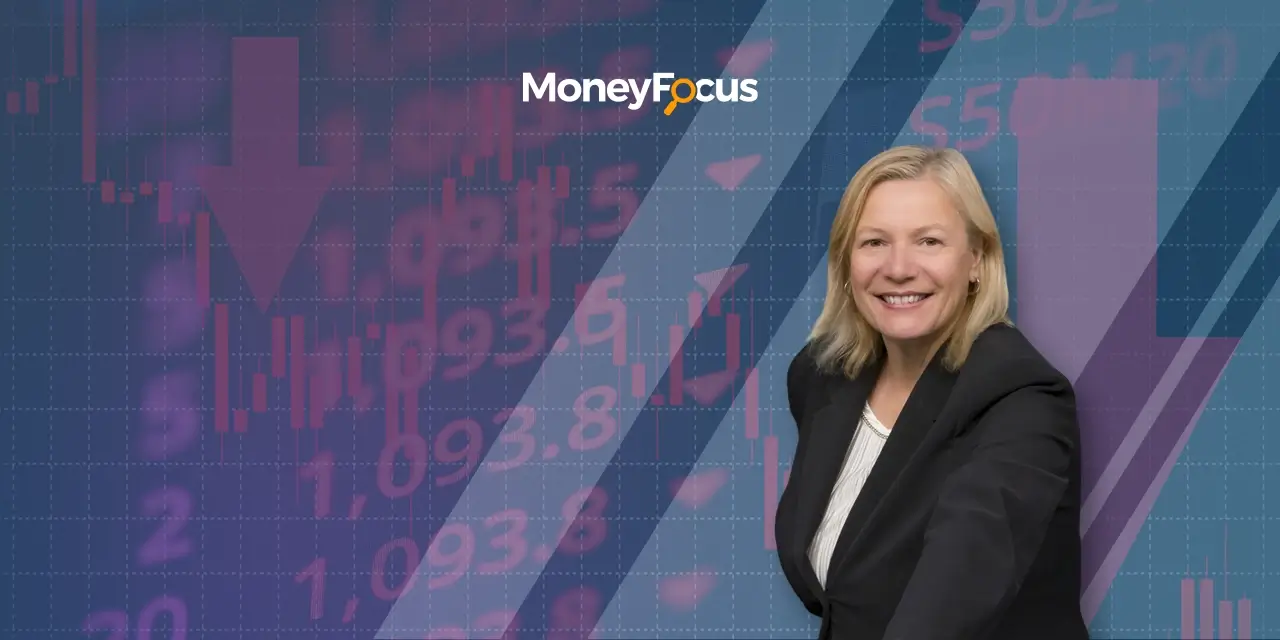By Ambrose O’Callaghan
Artificial intelligence (AI) has garnered attention across a broad array of sectors in the investing world. The introduction of the sophisticated chatbot – ChatGPT – in November 2022 brought new attention to generative AI. Indeed, generative AI has already proven to have revolutionary capabilities in creative fields. However, in the health care space, AI and robotics continue to garner attention.
Today, I want to give an overview of the broad applications that AI and robotics offer in the health care space. Fortunately, Harvest ETFs offers a product that provides investors exposure to this exciting market. Let’s jump in.
How does AI affect the healthcare industry?
The health care sector has been a reliable source of growth for investors over the past decade, surpassed in innovation only by technology. Moreover, the space is set to undergo an unprecedented transformation in the years and decades ahead. This evolution will be driven by technological advancements, enormous demographic shifts, and shifting patient needs. AI and robotics have a significant role to play in that development.
Demand for healthcare is growing as the developed world is facing a rapidly aging population. Meanwhile, the economic growth, and the proliferation of a middle class in those high-population countries, are driving consistent growth and high demand for healthcare services, drugs, and medical technologies. The health care space will need to rise the occasion to meet this growing demand in the years ahead.
Fortunately, AI and robotics are positioned to help meet that demand and fuel the next generation of healthcare innovations. Indeed, Grand View Research recently estimated that the global AI in healthcare market was worth US$22.4 billion in 2023. It projects that this global market will deliver a compound annual growth rate (CAGR) of 36% from 2024 through to 2030.
What are the examples of AI in healthcare that are driving market transformation?
PricewaterhouseCoopers recently released a report on the future of AI in the health care space in 2024. New applications and technology are already helping to encourage healthier behaviour among users while helping with the proactive management of a healthy lifestyle. This puts consumers in the driver seat when it comes to keeping well over the long term. Some of the apps that are available to consumers today include AsthmaMD, which helps asthmatic users track their peak flow, triggers, medications, and symptoms. Others, like NCI QuitPal, aim to help users apply proven quit strategies and utilize interactive tools to help quit smoking.
Generative AI’s use in creative fields is drawing attention, but it also has applications in the healthcare sector. This technology is reliant on deep-learning algorithms to create new content in the form of text, audio, code, and more. Generative AI can take unstructured data sets and analyse them. That could represent a potential breakthrough for healthcare operations, which are rich in unstructured data like clinical notes, diagnostic images, medical charts, and other materials. This technology could be invaluable in reducing the risk of human error, working as a form of redundancy.
Of course, treatment is one of the key areas where robotics is already playing a role in operations. Indeed, robots have been used in medicine for more than three decades. These tools range from basic laboratory robots to much more sophisticated surgical robots that can aid a human surgeon. In some cases, the robotic assistant can execute operations by themselves.
Health robotics are set to continue to evolve alongside advancements in machine learning, data analytics, computer vision, and other technologies for the long term. That means robots of all types will advance to complete tasks that vary in complexity. Intel Labs China recently partnered with Suzhou Collaborate Innovation Medical Robot Research Institute to establish a medical robotics incubator for startups.
AI and its impact on the performance of healthcare stocks
In a recent piece, I had discussed Stryker’s foray into AI. This medical technology giant announced that it had created its own Stryker AI team following the September 2021 acquisition of AI company Guess Surgical. Stryker has already introduced AI products to the market, including the Stryker Mako robot. The robot is already in use in thousands of procedures in North America. The company plans to launch spine and shoulder applications for the Mako robot in 2024.
Boston Scientific is another healthcare stock that is betting big on AI’s future in this space. This company is engaged in the development, manufacture, and marketing of medical devices for use in various interventional medical specialties around the world. In September 2023, chair and CEO Mike Mahoney said that the company was making moves in mergers and acquisitions (M&A) and AI to reach the “next level”.
Intuitive Surgical develops, manufactures, and markets products that enable physicians and healthcare providers to enhance the quality of and access to minimally invasive care in the United States and around the world. For example, stapling has been in use in surgery for a long time when removing parts of an organ, when cutting through and sealing tissue, or when creating connections between structures. Skilled surgeons learn the art of stapling through hands-on experience across multiple cases and procedure types.
This company’s SureForm staplers help ensure more consistent and optimally formed staples on patients. These products achieve this kind of accuracy with over 1,000 measurements per second. Moreover, SureForm staplers make automatic adjustments to the firing process.
A Top Performing ETF for AI Healthcare Exposure
At Harvest ETFs, we believe that the diversity of the healthcare sector means that Canadian investors can access the opportunities linked to AI and robotics in this space through a basket of healthcare stocks. Our portfolio management team, led by chief investment officer (CIO) Paul MacDonald, looks favourabley on US-listed healthcare companies as they tend to be the largest and most innovative on the planet.
The Harvest Healthcare Leaders Income ETF (HHL:TSX) delivers a portfolio of 20 large-cap US healthcare companies. These equities include the companies that I have listed above at the time of this writing. HHL employs an active covered call writing strategy to generate an enriched monthly distribution yield.
HHL has paid over $400 million in total distributions to Unitholders since inception. This ETF is the largest healthcare ETF in Canada with approximately C$1.5 billion in assets under management (AUM). HHL has paid out a consistent monthly distribution of $0.0583 per Unit since inception with the most recent payment on March 8, 2024. The distribution equates to a current yield of 8.23% as at March 12, 2024.
AI has the potential to radically change the landscape for businesses and industries across a wide array of sectors. Healthcare remains at the top of that list due to the innovations being made in this space. Canadian investors who are hungry for access to the AI and robotics revolution may want to consider HHL in their portfolios today.
Disclaimer
Commissions, management fees and expenses all may be associated with investing in Harvest Exchange Traded Funds (managed by Harvest Portfolios Group Inc.). Please read the relevant prospectus before investing. The funds are not guaranteed, their values change frequently, and past performance may not be repeated. The content of this article is to inform and educate and therefore should not be taken as investment, tax, or financial advice. The information is meant to provide general information for educational purposes. Any security mentioned herein is for illustration purposes and should not be taken as an invitation to purchase or sell such security











